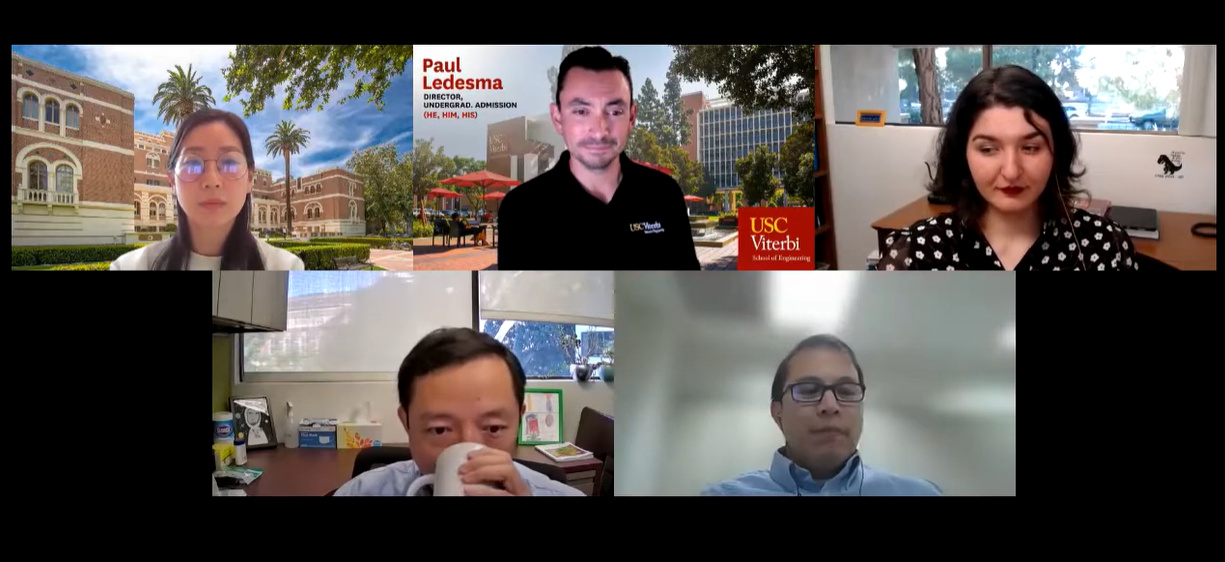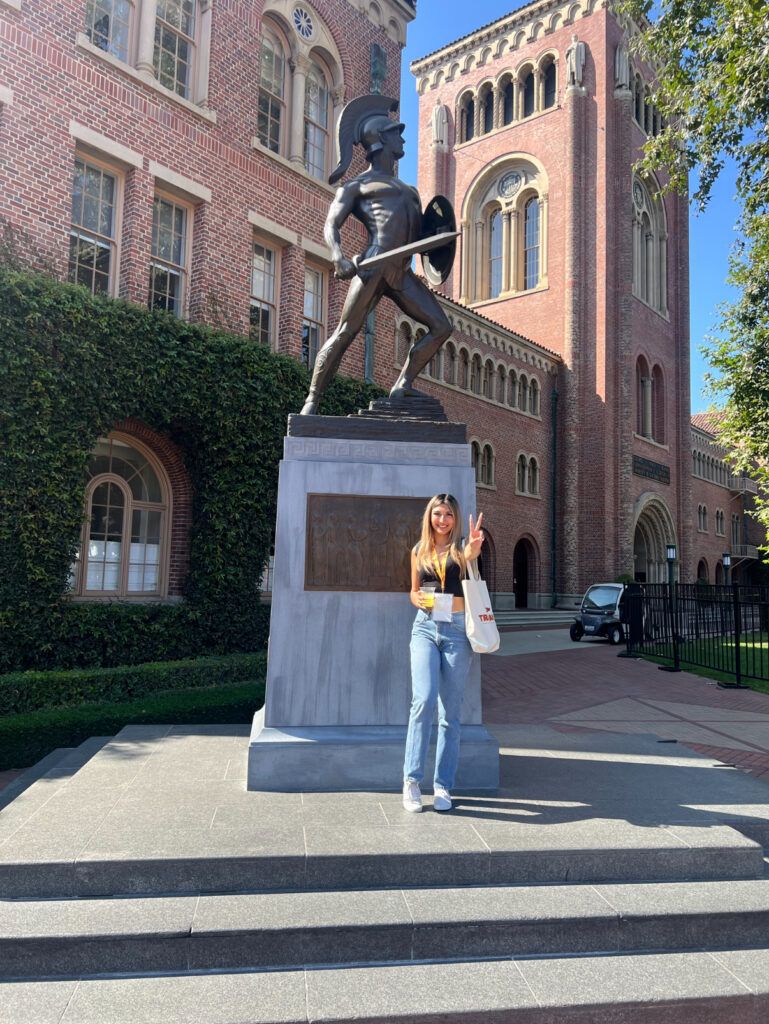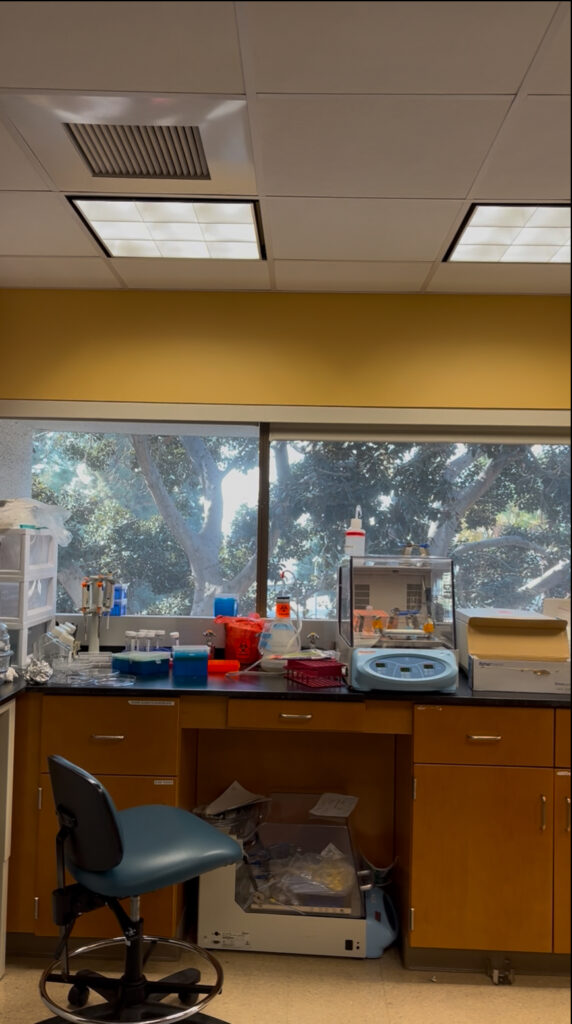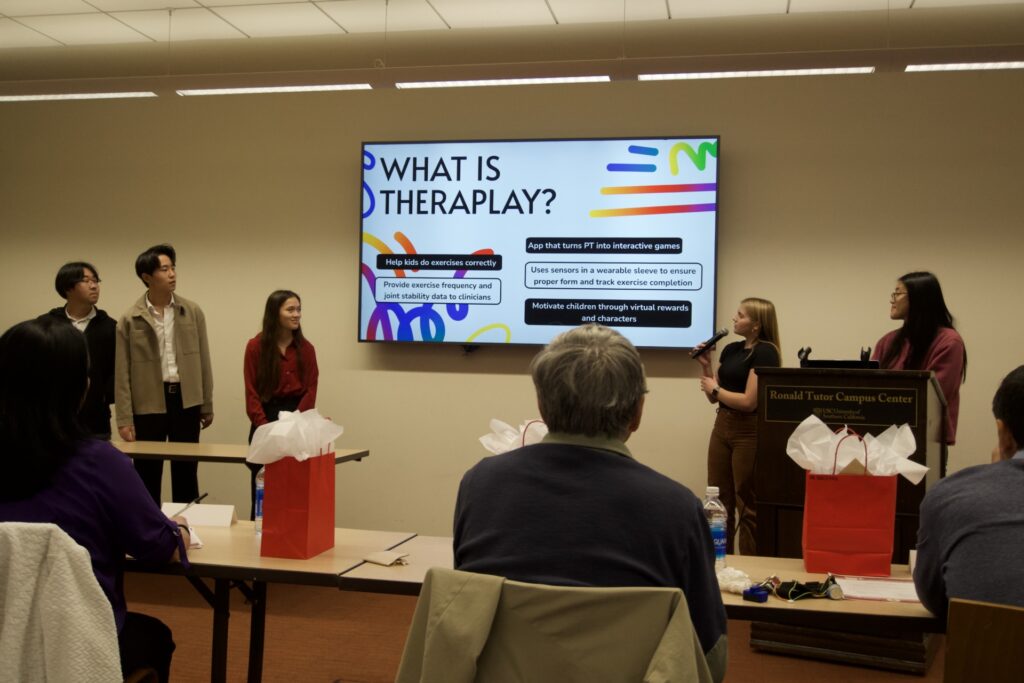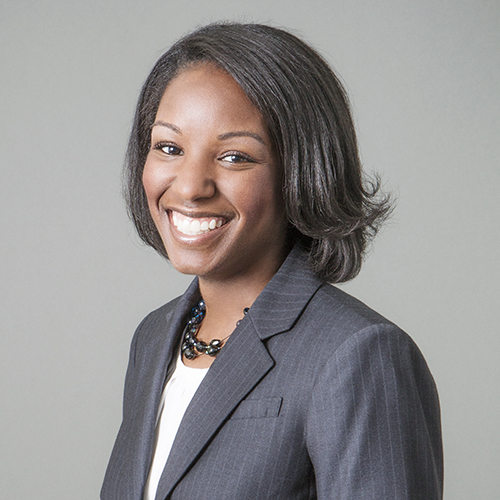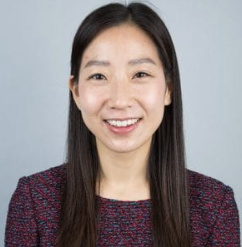ALFRED E. MANN DEPARTMENT OF BIOMEDICAL ENGINEERING
The interdisciplinary field of biomedical engineering (BME) combines elements of engineering (electronics, systems analysis, mechanics) with the life sciences (biology, physiology, biochemistry) to define and solve problems in biology and medicine.
Students choose this branch of engineering for the excitement of working with people and living systems, and for the opportunity to apply advanced technology to the complex problems of medical care.
Hear From our Faculty
Check out our faculty roundtable discussion that was held with four of our Alfred E. Mann Department of Biomedical Engineering (BME) Faculty members – Dr. Eun Ji Chung, Dr. Jesse Yen, Dr. Maral Mousavi and Dr. Keyue Shen. This roundtable will discuss what the major is, the courses each faculty teach, research they conduct and the discipline of Biomedical Engineering at USC Viterbi.
BME On The Podcast
BME Student Blog
Learn more about Alfred E. Mann Department of Biomedical Engineering (BME) at USC through our student blog. These posts were written by USC Viterbi BME students during their time at USC to help you better understand the discipline and their life.
Curriculum and Emphases
While many students choose a primary degree in Biomedical Engineering with no added specialization, we do offer the opportunity to deepen your education in three separate emphasis programs: Molecular & Cellular, Electrical, and Mechanical.
Biomedical Engineering
Students who choose a primary degree in biomedical engineering get to take a little bit of everything over their four years. They get a foundation in biomedical engineering principles to pursue many careers related to the field.
Biomedical Engineering (Molecular & Cellular)
This emphasis combines biomedical engineering with the life sciences. You will take classes in areas like Biomaterials and Tissue Engineering. Systems Biology, Introduction to Bioengineering in Medicine, and Nanomedicine.
Biomedical Engineering (Electrical)
The electrical emphasis in biomedical engineering is for students who are interested in the building of electronic biomedical devices and the effects of electrical stimulation. You’ll take courses in areas like Linear Circuits, Digital Logic, Electromagnetics and Digital Electronic Circuit Design.
Biomedical Engineering (Mechanical)
The biomedical (mechanical) option is for students who are interested in the mechanics and dynamics of medical devices and biological systems. Your coursework will include areas like Mechanics, Thermodynamics, Biomechanics, Materials Behavior and Processing, and Fluid Mechanics.
Medical School Preparation
The BME programs are easily adapted to include the prerequisites for most medical schools, while also providing applied technical training beyond the basic life sciences. USC Pre-Med students are supported throughout the medical school application process by the Pre-Health Advisement office. Many graduates go on to attend top medical, dental, and pharmacy schools around the country, including the USC Keck School of Medicine.
Research
We have a balance of programs – theoretical, computational, and experimental – which exemplify the Viterbi School’s approach to intensive and collaborative research.
Students can participate in a variety of directed study courses or classroom projects at facilities such as the County-USC Medical Center, the Biomedical Simulations Resource Center, the Medical Ultrasonic Transducer Resource Center, Rancho Los Amigos National Rehabilitation Center, and Children’s Hospital-Los Angeles (CHLA).
The Alfred E. Mann Department of Biomedical Engineering features stellar researchers and faculty with high quality facilities. A few research areas within the department include retinal prostheses, medical imaging, neural prostheses, biomedical photonics, cortical prostheses, sensory neurophsiology, ultrasonic imaging and much more! Students have the opportunity to be involved in research as early as freshman year.
Recent Projects
Check out some recent developments from our Alfred E. Mann Department of Biomedical Engineering.
Faculty
Faculty will be teaching all of your classes and leading research projects as well. Your opportunities to build relationships with your faculty will begin immediately in your first year, both in the classroom and the lab. Check out a few highlighted professors with whom you may work in the future:
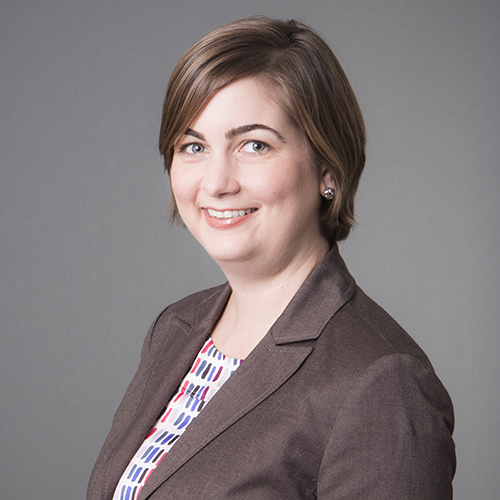
Dr. Megan L. McCain
Her research group develops 'Organ on Chips,' which are micro-scale, engineered mimics of human tissues that have applications in drug screening and personalized medicine. She was recently named one of MIT Technology Review's Top Innovators Under 35.
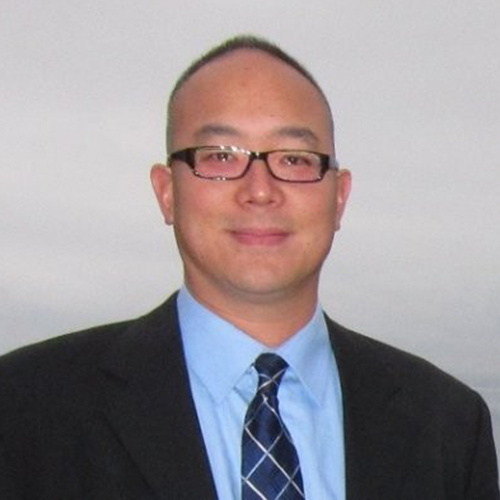
Dr. Brent Liu
He has expanded his research in designing a methodology for developing imaging-based electronic patient records (ePR) with built-in decision support in specific clinical applications to form a powerful and robust tool for longitudinal clinical research in specific disease types.
Careers
Your engineering undergraduate degree will prepare you for many career and academic opportunities.
Your future with a degree in Biomedical Engineering can see you pursue a number of future career paths at companies serving a variety of industries.
Whether you have always known “what you want to do when you grow up” or are hoping to find out, we are here to help you plan for your future beyond USC. We provide dedicated career services starting in your first year to help you find internships, co-ops, and full-time positions post graduation.

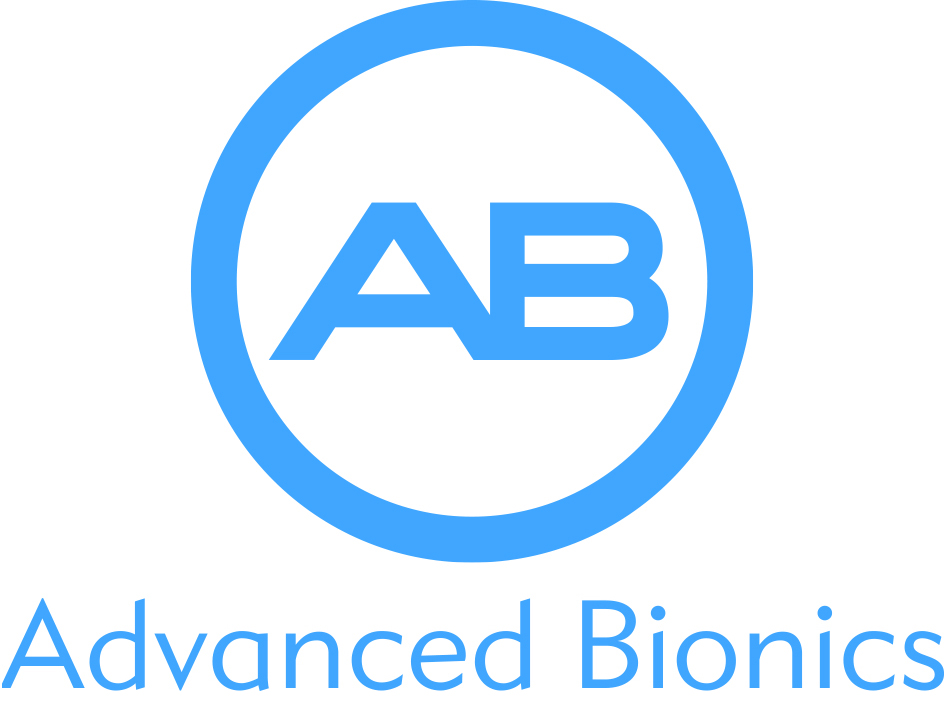



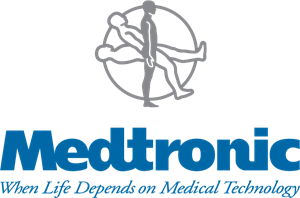


Don't take our word for it. Ask some Viterbi alumni:
Success After GraduationStudent Life
We want students who like to work hard – both in and out of the classroom. Our students know that going to college is more than attending class and completing assignments. College is about making connections and joining a community of dedicated students, faculty, staff, and alumni. Our students want to work and play with people as interesting as they are, and we have a number of ways for you to do the same.
Your life can be designed how you like it. Get your hands dirty with 3D4E. Continue your passion for volunteering with Engineers Without Borders. Keep making art with Corpus Callosum. On this page, we have a few student organizations we think you might be interested in, but there are so many more you can get involved in!
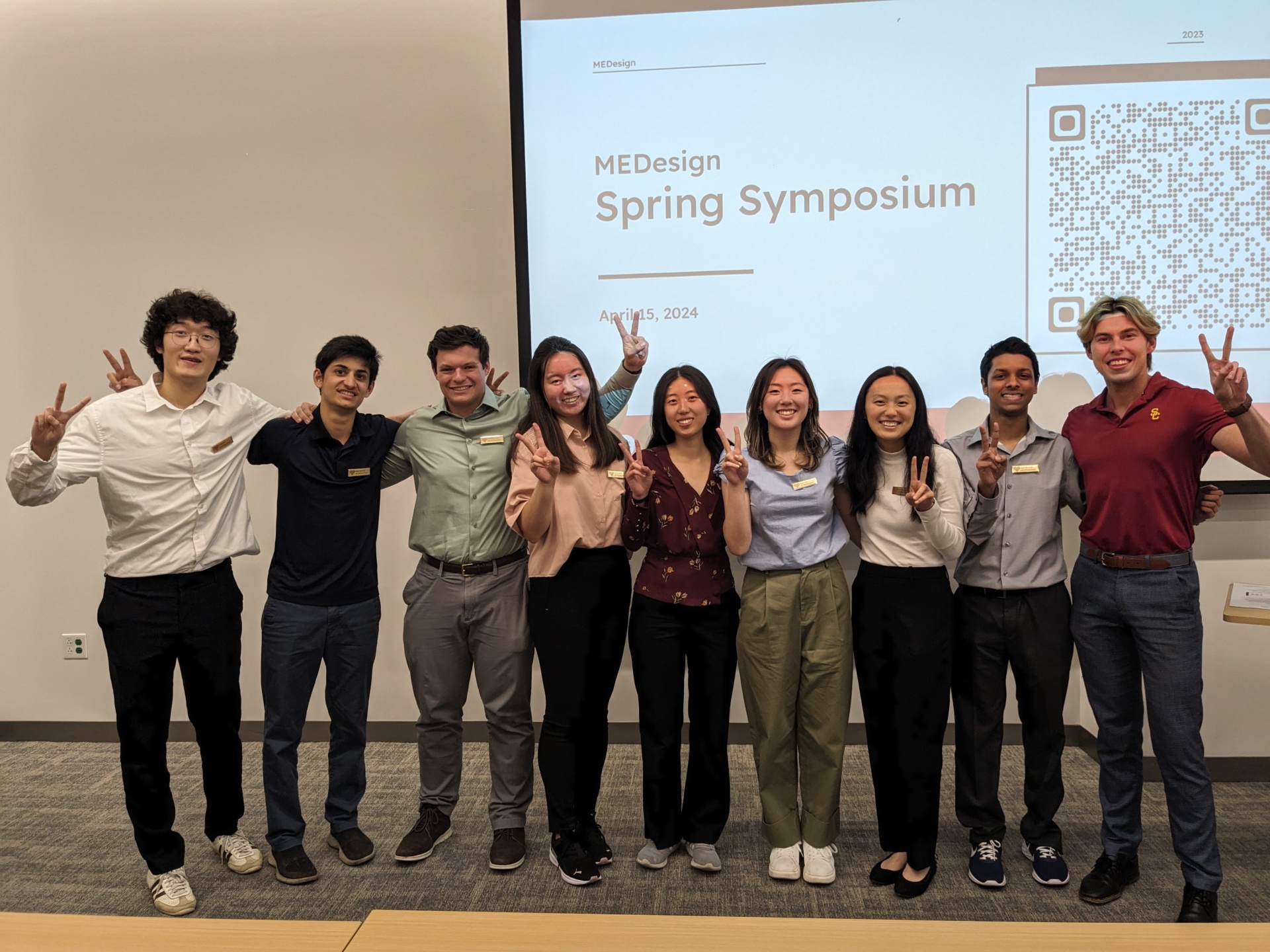
MEDesign
MEDesign club’s mission is to provide students from all backgrounds with hands-on medical device experience through design competitions and independent projects. Through the course of the school year, you will get to create your very own medical device — from needs discovery to rapid prototyping! Outside of technical projects, we also host networking opportunities with industry professionals and fun social events.
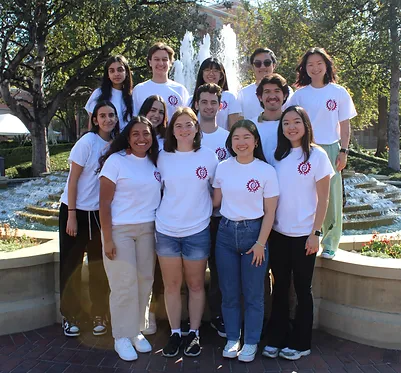
Associated Students of Biomedical Engineering
Through academic, social, and corporate events, students gain clarity of their chosen field of study and the opportunities that being a BME major brings. Students are also able to get a foot in the corporate door at the annual ASBME corporate dinner, attended by USC alumni as well as other corporate representatives.
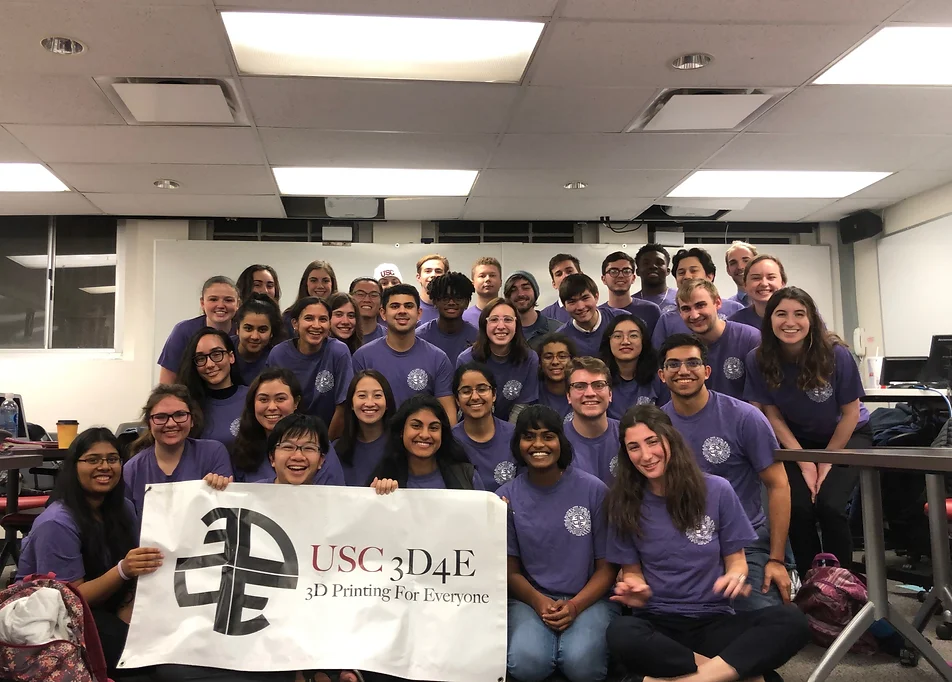
3D4E
Students design, 3D print, and assemble products like a 3D printed USC campus map, Settlers of Catan board, hydroponics system, and drones. They're most commonly known for Project Freehand, where they 3D print customizable 3D- printed prosthetic hands free of charge for children in need in the LA area.
Imagine yourself on campus.
Learn more about life at USC as an engineering student at Viterbi Voices:
Alumni
As students, these alumni worked hard in class and didn’t stop there. From start-ups to research, they took advantage of all corners of campus in order to bring their dreams to life and succeed post-graduation. See what some of our alumni are doing now and how they reflect on their time at USC Viterbi.
More Engineering Disciplines
This area of the Viterbi School is just one of the many areas of Engineering & Computer Science. Beyond this area of study, we have ten academic disciplines spread across eight departments to make up more than thirty majors and areas of emphasis. Take some time to explore all of your interests before you apply by clicking on any area below.

